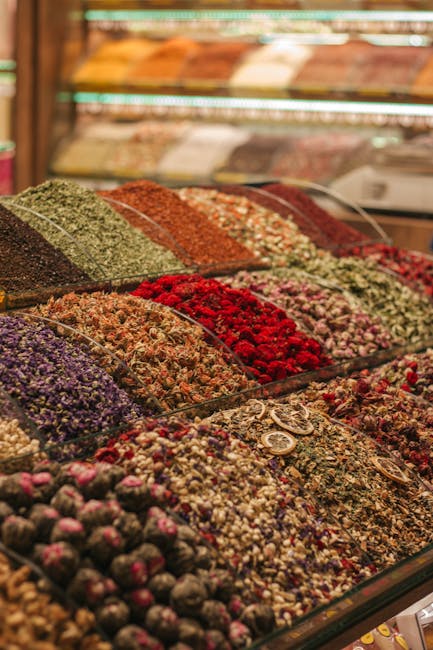Indoor Herbs to Grow for Culinary and Medicinal Uses
Growing herbs indoors is a rewarding and practical hobby that offers fresh flavors for your culinary creations and natural remedies for health issues. Indoor gardening is not only a great way to improve your indoor air quality but also a cost-effective method to have herbs at your fingertips throughout the year. According to a survey conducted by the National Gardening Association, over 35% of U.S. households engage in food gardening, many of which include herbs. In this blog post, we will explore some of the best herbs to grow indoors for both culinary and medicinal purposes, providing you with detailed insights and tips.
Why Grow Herbs Indoors?
Before diving into specific herbs, it’s essential to understand the benefits of growing herbs indoors. Indoor herb gardening allows for year-round growth, ensuring you have fresh herbs regardless of the season. Additionally, it offers control over growing conditions such as temperature, humidity, and light, which can be more challenging in outdoor environments. Moreover, indoor herbs can enhance your home decor with their lush greenery while also purifying the air and providing delightful aromas.
Top Culinary Herbs to Grow Indoors
Basil
Basil is a versatile herb known for its aromatic leaves that are a staple in Italian cuisine. It’s an excellent choice for indoor growth due to its adaptability and fast-growing nature. To grow basil indoors, plant it in a pot with well-draining soil and place it in a sunny spot or under grow lights. Regular pruning will encourage bushier growth. Basil leaves can be used fresh in salads, pasta dishes, or even as a topping for pizza.
Mint
Mint is an easy-to-grow perennial herb that thrives indoors. Known for its refreshing flavor, mint is perfect for teas, desserts, and savory dishes. Mint prefers a moist, well-drained soil and indirect sunlight. Trim regularly to prevent leggy growth and promote a healthy plant. Mint is also known for its medicinal properties, such as aiding digestion and relieving headaches.
Medicinal Herbs to Grow Indoors
Lemon Balm
Lemon balm is a calming herb with a delightful lemon scent. It is known for its ability to reduce stress and anxiety, promote sleep, and improve digestion. Growing lemon balm indoors requires well-drained soil and plenty of sunlight. Regular pruning will help maintain its shape and encourage new growth. Use lemon balm as a tea or in aromatherapy practices.
Aloe Vera
Aloe vera is a succulent plant renowned for its skin-soothing properties. It is a must-have indoor herb for its ability to treat burns, cuts, and various skin conditions. Aloe vera prefers bright, indirect sunlight and minimal watering, making it an ideal choice for those new to gardening. Simply cut an aloe leaf and apply the gel directly to the skin for relief.
Tips for Successful Indoor Herb Gardening
Choosing the Right Containers
When growing herbs indoors, selecting the right containers is crucial. Opt for pots with drainage holes to prevent waterlogging, which can lead to root rot. Consider using self-watering pots to maintain consistent moisture levels. Ensure the pots are large enough to accommodate the growth of the herb and provide stability.
Providing Adequate Light
Light is a critical factor for indoor herb growth. Most herbs require 6-8 hours of direct sunlight daily. If natural light is insufficient, consider using LED grow lights to supplement. Position the lights close to the herbs, adjusting as the plants grow.
Maintaining Proper Humidity and Temperature
Herbs generally thrive in a humidity range of 40-60%. If your indoor environment is dry, use a room humidifier or place a tray of water near the plants. The ideal temperature range for most herbs is between 65°F and 75°F. Avoid placing herbs near drafts or heat sources, which can stress the plants.
Conclusion
Growing herbs indoors for culinary and medicinal uses is both a practical and enjoyable endeavor. From the flavorful basil and mint to the healing aloe vera and lemon balm, these herbs are easy to cultivate and offer numerous benefits. By following the tips provided, you can create a thriving indoor herb garden that enhances your meals and promotes better health. Start your indoor herb garden today and experience the joy and benefits of having fresh herbs at your fingertips.





